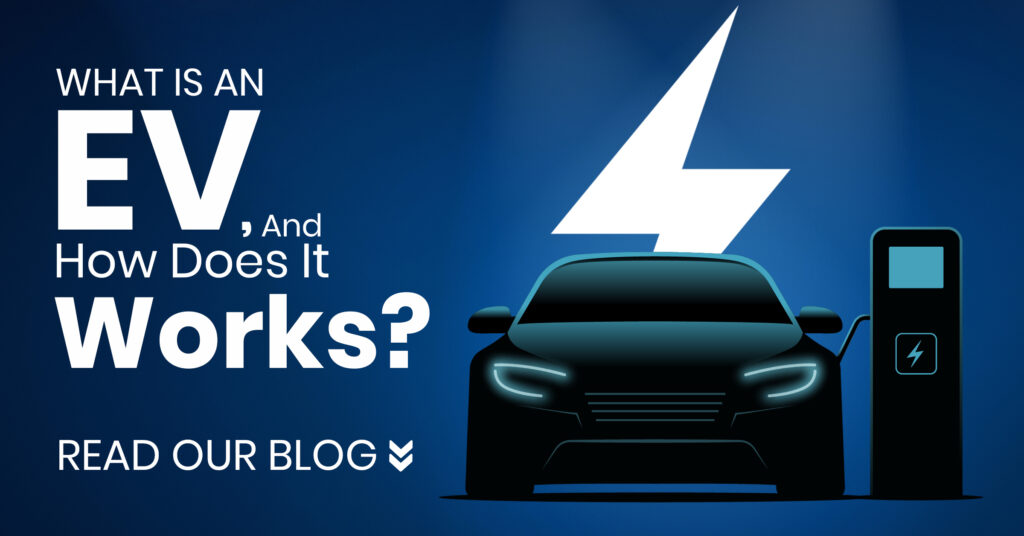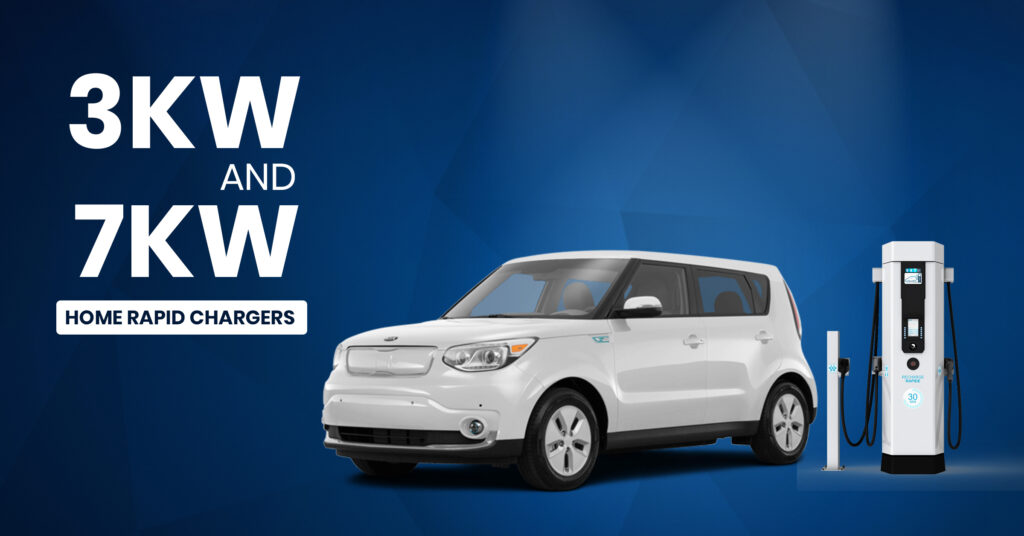Today, many people own electric cars, and for that, they use public charging stations. Some have their charging points at home for rapid charging. If you want to know how much an electric car charging station costs, you need to read this whole guide. Typically, a home charging spot costs between £800 and £1,500.
We can quickly determine this cost by the home Ev charger installation and the charge model you choose. Furthermore, read this complete guide to know how much it costs to have solar panels.
The Electric Vehicle Homecharge Scheme (EVHS), which offered payments for installing home chargers, expired in April 2022. According to the Office for Zero Emission Vehicles, a similar programme is, however, accessible to those who live in apartments. Moreover, to those who now rent their homes. Similar to the prior programme, the government will cover up to £350 of the cost of installing one ChargePoint.
There are many fast charging options at motorway service stations as well. According to OZEV, a qualifying electric car must have off-street parking on the owner’s property. Therefore, you can reduce the cost if you are eligible for the new award.

Knowing when and how to charge an electric car is one of the significant worries for EV owners. It makes sense because most people in Scotland spend their whole lives in gas-powered vehicles. While filling up at one of the hundreds of thousands of gas stations when the gauge approaches empty.
Although charging an electric car like the tesla model requires a little more preparation, more public EV charging spots are starting to appear. It is due to the increasing demand and incentives for alternatives to gas-powered vehicles. Many of them have their charging spot for rapid charging. It reduces the charging costs and saves money for them.
At its most basic, the electric car charger functions precisely like any other appliance or item you charge by putting it into the wall. It draws an electrical current from a 240v outlet or the grid it is linked to and distributes that electricity to the car.
How Does A Public Charging Process Work?
Consider a few things if you plan to park next to an EV charging spot. For starters, the station might offer, without charge, might call for a key FOB or other access. It might demand credit card payment and much like different parking scenarios. They only permit car parks in a lot for free if you’re a customer. But you might have to pay at a parking meter at certain times and on certain days.
There are pure electric cars which need proper charging points. At the same time, petrol car has nothing to with this all. The gadget and any displayed notices should clarify how to utilize the charging spots.
If you charge an electric car with your electric car chargers, you can save energy prices and electricity costs. It may work as a rapid charger for your electric car batteries. Electric vehicle owners can have fast chargers for their electric vehicles at a meagre price.
What Are The Best Chargers For Electric Cars At Home Charging Point?

Both 3kW and 7kW home rapid chargers for outlets are accessible. However, a 7kW electric car charger is more prevalent. Whether you want a modern design to be a focal point of your driveway or a modest one. Charge an electric auto with an intelligent charger rather than an expensive one.
You can choose from various brands, but you should also consider the type of connector your car has and the features each charger install offers. Such as connectivity with apps and other energy-saving gadgets in your home. Additionally, numerous cable lengths are available to meet your needs.
In the UK, many people try to avoid the London congestion charge as they assume it is a slow charger. A 30-kWh battery car (the typical battery for an electric vehicle) may be fully charged in around four hours, allowing you to get the most mileage out of your EV, especially if you only have a short amount of time to charge it.
Charging Point or Charging Stations
Since, plug-in hybrids and electric vehicles (EVs) depend on the energy to start or move, it a brand new idea in the market. Furthermore, not many people are familiar with it because of its unique infrastructure. Due to this, this guide will explain you all the methods to charge an electric car.
The most practical and economical option to keep your car fully charged is to charge it at home. It costs roughly £15.10 for a whole charge point. Most drivers charge their electric vehicles overnight so that they may start each day with a full battery. If you are sitting outside, then do it at off-peak times.
The average home electricity rate in the UK is roughly 28p per kWh. The UK government sets it. Depending on where you live, a 60kWh electric auto will range approximately 200 miles and cost about £15 to charge fully.
Consult a professional installation to have a charging network at home with fast chargers and a fuse box. Charging an electric car is not as easy as you think.
Can I Charge My Electric Vehicle Through A Regular Plug Socket?
Most new vehicles will come with a cable for charging an EV using a standard 3-pin plug, which is also an option. But rather than using this option as your primary charging method, it is advisable to preserve it as a backup.
This is due to the slow 2.3kW charging rate used to charge your car, which strains a typical electric circuit by running it close to its 3kW maximum for an extended period. For instance, a 40kWh battery will require more than 17 hours to charge fully. In contrast, it will take a 64kWh Kia E-Niro over 28 hours to charge fully.
For tesla owners, the charging time depends on the usage and car’s model compared to the Nissan leaf. Charging an electric vehicle at the charging may consume time, but it’s not much expensive.
Electric Car Public Charging Points
EV drivers when begin to travel far away more than the limit of the electric vehicle, they need to charge the vehicle on their way. That is why, you will find the charging pods for the public, near the malls, parking areas, restaurants, and other areas accessible for public.
There are many government grants for charge points, OZEV is one of the popular government grants.
How Much Power Does an Electric Car Charger Use?
allheatingoneKilowatts, the same unit used to measure electricity, are the unit used to quantify the power consumed by EVs. Electric vehicle batteries typically have a capacity between 17 kWh (kilowatt hours).
All you have to do to calculate how long it takes to charge an EV from 0 to 100% is divide the battery capacity by the charging speed. Home charge points usually offer rates of 7kW, while slower and faster ones are also available. This tells you how much energy a complete charge uses.
You only need to multiply your electricity bill by the battery capacity of your car to calculate the price of a full charge. Numerous energy providers provide EV drivers with rates that cost just 5p per kW during off-peak hours. Also, an increasing number can provide renewable energy to your home.
Although EV-friendly plans can offer 5p per kW energy rates. This information depends on a more typical power cost of 14p per kW to give you a sense of how long. Also, it depends on how much it costs to charge different electric cars. For instance, if you have a vehicle with an internal combustion engine, then the cost fluctuates.
Get Installation Quote